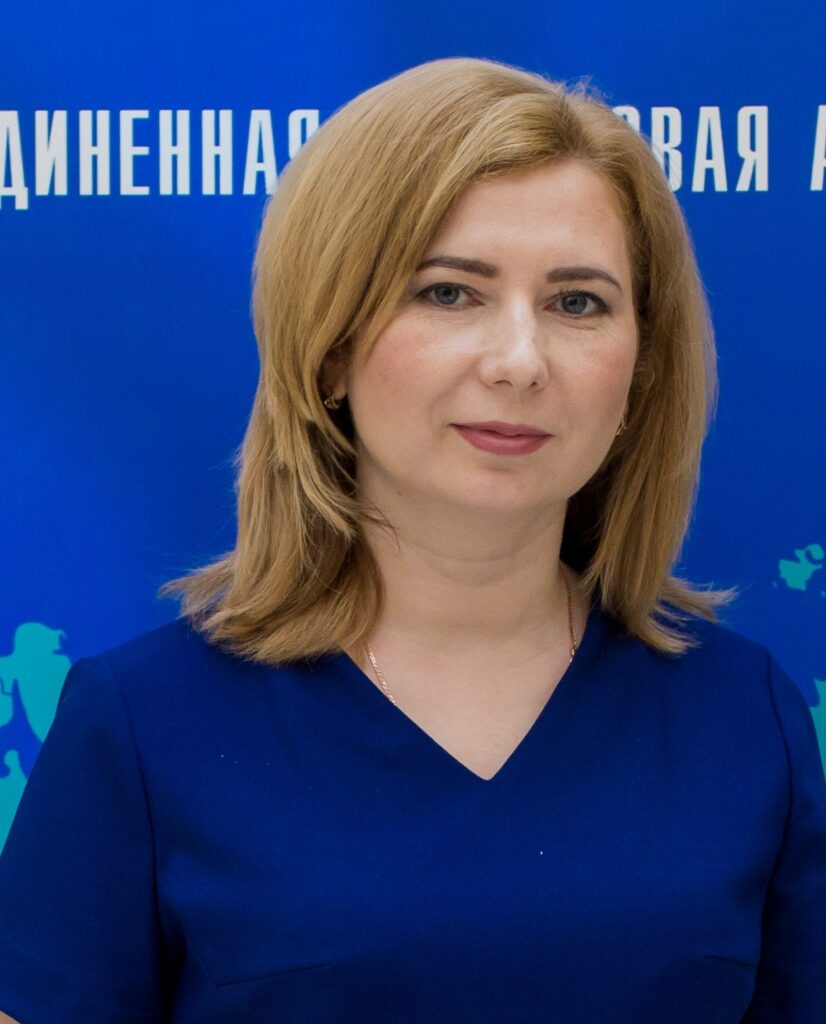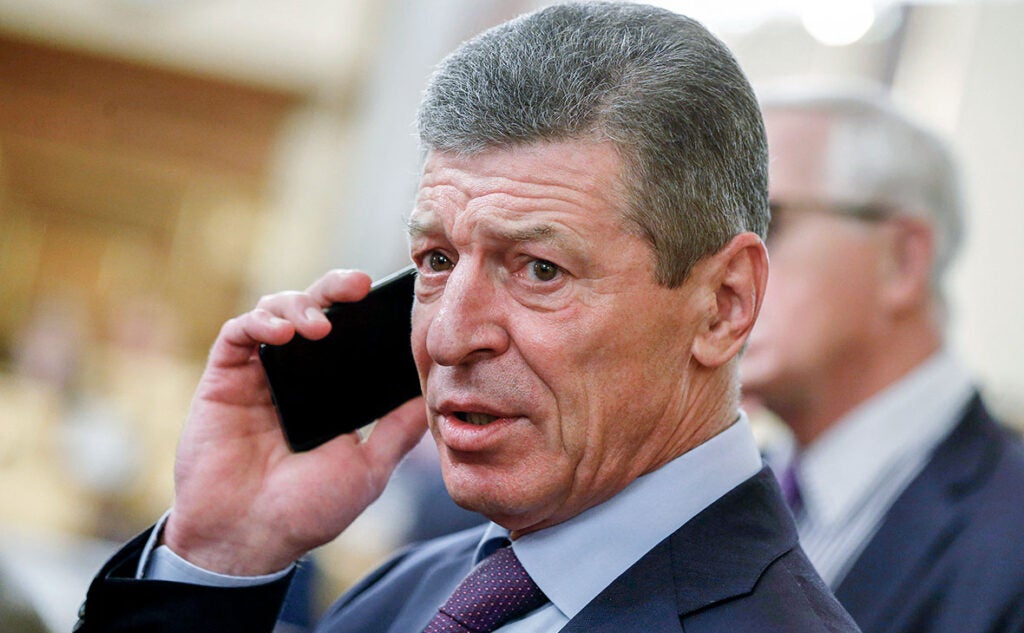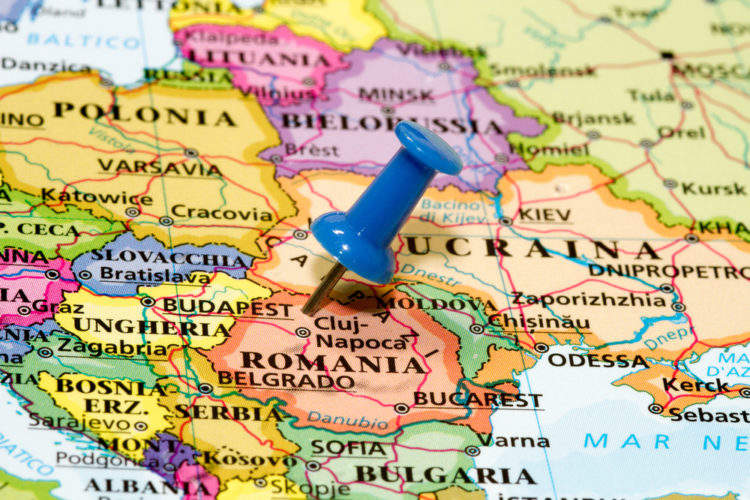
Russia’s Leasing Sector Braces for Sanctions
Russia’s leasing sector has been operating for over 30 years and has seen huge growth over that time. While leasing had a difficult 18 months coping with the economic effects of Covid, it bounced back in 2021. Eugene Gerden reports
Leasing had a good year in 2021, assisted by generous government Covid schemes targeting SME lending which the authorities say will be continued in 2022 and beyond. This news comes as the business sector considers the prospect of economic sanctions which may be imposed on Russia by Western nations, due to the growing tensions over Ukraine.

Tatyana Pozdnyakova, the director of the Russian United Leasing Association (RULA), Russia’s leasing trade body and member of Leaseurope, said during an exclusive interview that its members experienced leasing values at historic levels in 2021 after a difficult 2020.
For the first nine months of 2021, the Russian leasing market recorded 1.5 trillion roubles (€17.6bn) in value, which is up 54% year-on-year, marking an all-time high for the sector, Pozdnyakova said.
“Automotive leasing remains the most promising segment of the market in terms of growth,” she said.
In 2021, automotive leasing – which represents 47% of the equipment leasing market – grew by 65% year on year.
How well do you really know your competitors?
Access the most comprehensive Company Profiles on the market, powered by GlobalData. Save hours of research. Gain competitive edge.

Thank you!
Your download email will arrive shortly
Not ready to buy yet? Download a free sample
We are confident about the unique quality of our Company Profiles. However, we want you to make the most beneficial decision for your business, so we offer a free sample that you can download by submitting the below form
By GlobalDataPozdnyakova said one of the reasons behind the growth was deferred demand from 2020 when manufacturers were forced to suspend production due to lockdown rules which saw them reduce their range offering.
In 2021, the demand for cars in Russia significantly exceeded the supply, while many customers had to wait for deliveries for half a year or more. The shortages led to price increases, which also contributed to the growth of the leasing sector in Russia, she explained.
While the official economic growth rates for 2021 have not yet been published, analysts expect GDP for the whole of 2021 to be about 4.3% up from -3.41% in 2020. The Russian economy has been on the mend thanks to a rebound in consumer demand and high prices for oil, its key export.
Pozdnyakova expects this year Russia’s GDP may grow an additional 10% to 15%, mainly on the back of state subsidies for industry.
The leasing industry is expected to benefit as many of these subsidies will target Russian manufacturers of road transport vehicles and special equipment, particularly agricultural equipment and machinery.
State support for industry has risen significantly in volume since the beginning of the pandemic, reaching a peak in 2020.
There are a number of support programmes either being considered or coming on stream:
1. A new preferential leasing programme, under which Russian farmers will be able to purchase high-tech equipment at a discount, being fully operational in 2022-23 with more than RUB24bn allocated for it. The maximum discount under the programme will be 45% of the cost of equipment (it applies only to equipment that was not previously in operation), and the full list of equipment covered by the programme will be determined by the Ministry of Agriculture.
2. Light industry enterprises will have access to a discount of up to 50% of the cost of equipment received under a leasing agreement. That will apply to companies implementing investment projects to modernise production. At the same time, the amount of the leasing agreement must be at least RUB50m, and its validity period must be at least two years. The maximum amount of state subsidy is RUB200m.
3. A new programme for stimulation of civil shipbuilding in Russia, which involves setting a preferential leasing rate of 2% from the earlier 9%.

The existing scheme, being rolled out by the government involves preferential leasing, which between 2021 and 2023 will involve the allocation of RUB3bn of state funds for the purchases of funding various equipment and machinery, primarily for the needs of the agricultural sector.
As part of the scheme, about 3,500 pieces of equipment were purchased in 2021.
In addition, the government is currently considering the launch of a so-called unified leasing subsidy, which has been developed by Dmitry Kozak, the Kremlin’s deputy chief of staff, who served as deputy prime minister of Russia from 2008 to 2020.
The scheme involves the provision of part compensation to cover costs for leasing companies, providing preferential terms for leasing industrial products – from automotive, agricultural, railway equipment and equipment for various other industries. The annual cost of the scheme is estimated at about RUB 10bn.
The state’s role in supporting the leasing sector has also attracted new players to the sector and helped expand existing operations by some leading local players.
One of these is VEB.RF, a state economic development corporation and one of the largest investment companies in Russia, is also one of the leading players in the country’s leasing sector.
Describing the company’s plans for the leasing sector, a spokesman of VEB.RF said:
“The company is primarily focused on the funding of large-scale projects using project financing. Leasing will be used to support shipbuilding, for example, including the construction of 15 large-capacity gas carriers at the Zvezda shipyard as part of the Arctic LNG 2 project.
“Among the key leasing projects for the company in 2021 were the supply of 438 buses for the Tver region, the supply of 48 electric trains for the needs of Russian Central Suburban Passenger Company, as well as railbuses for Sakhalin and Kursk”
Maxim Kalinkin, the chief executive of Gazprombank Leasing Group, which is involved in implementing Russian Federal and Regional programmes, said: "We expect further development of the Russian leasing market in 2022 with its dynamics primarily dependent on domestic demand.
“The natural wear and tear of transport and equipment; the transition to environmentally friendly cars and urban passenger transport; the launch of new industries, large infrastructure and construction projects; and the implementation of socially significant schemes, I am sure, will ensure positive growth in the Russian leasing market".
Senior figures in the leasing market say that supply chain shortages on the back of Covid restrictions have pushed up the prices for scarce resources driving up car prices.
“Among the major risks for leasing companies is equipment shortage, which according to our estimates will remain during the first half of 2022 and possibly until the end of the year and beyond," says Dmitry Korchagov, director-general of Baltic Leasing LLC.
However, the business of equipment leasing remains well insulated from external shocks.
"Unlike the banking and export-oriented sectors, the Russian leasing market is less dependent on external sanctions and pressure," says Korchagov.
"The share of cross-border leasing in the total volume is small. In Russia, leasing will develop or fall in sync with the growth or decline in investment activity of Russian enterprises," he says.
Yevgeny Dietrich, the director-general of the State Transport Leasing Company (GTLK), Russia's largest leasing company, says growth in 2021 offers a good foundation for this year: "Retail leasing grew dynamically in 2021, while the capital-intensive sector grew at lower rates. Regarding particular market sectors, we are currently seeing growth in car leasing, the leasing of telecommunications equipment and railway equipment.
But, underpinning future survival is adaptation to changing market conditions: "Our operations have become more dynamic, processes are more flexible and the share of customers using online services has increased. We are also paying more attention to risk management."







